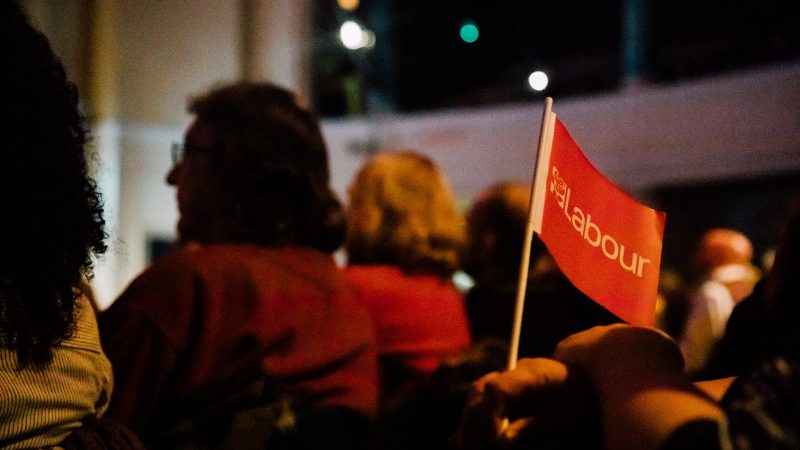
Labour Coventry MPs Taiwo Owatemi and Zarah Sultana are at risk of deselection, according to a BBC report today. Both are young ethnic minority women; both were elected for the first time in 2019; both were selected by members from shortlists that were mired in local accusations of “stitch ups” by Labour’s ruling body. All of these factors feed into the question: are these two MPs really under threat?
Taiwo Owatemi is a shadow minister who is aligned with the current leadership. The shortlist of two from which she was picked by members was supposed to be weighted against her, but they defied expectations by rebelling and picking the non-local candidate. So although there were cries of a stitch-up in the seat, she cannot be described as a candidate who was imposed by the leadership under Jeremy Corbyn.
Sources say she has a good relationship with her local party, which is small and not particularly factional, and those close to her were surprised by the BBC report. Owatemi told the BBC that she would “very much like to continue” in her role as the MP and fully intends to “restand as the Labour parliamentary candidate at the next general election”.
Zarah Sultana is a former community organiser and a firmly Corbyn-supporting Labour MP who has been a vocal critic of Keir Starmer’s leadership. While sources close to her say she has good relations with people from across her local party, it is acknowledged that some members are not so friendly – though “that is true in every CLP and it doesn’t always generate a BBC article”, one said. There is particular ill feeling about talk of her being triggered now because she has recently suffered a bereavement, and more broadly because she regularly receives Islamophobic abuse, which she has spoken about emotionally in parliament.
Anger has been expressed by the Labour Muslim Network over reports that Sultana (as well as another young, female, Muslim Labour MP Apsana Begum) could be deselected, with the group highlighting that the objections to her politics – such as her opposition to the Prevent strategy and criticism of the police – relate to issues of racism. It is worth noting both that there has been a trend of MPs triggered being disproportionately female and BAME, which was evident in 2019, and that there are concerns over a particular problem of Islamophobia within Labour right now.
The local dynamics are probably not the most important consideration, however. The crucial matter is Labour’s trigger ballots rule change at conference in September. Proposed by the leadership, it undid the Corbyn era reform that made triggering an MP easier, and raised the threshold for setting off a full selection process. Instead of requiring one third of either party or affiliate branches to vote for triggering the sitting Labour MP, the rules now require at least 50% of an electoral college comprising party and affiliate branches (each weighted 50%) to vote in favour of triggering the MP. Trade unions usually agree not to start fierce deselection battles. That makes the new threshold a high bar to meet.




More from LabourList
‘The hope that kills you’: Reflections from the final day in Gorton and Denton
MPs, union leaders and organisations react to ‘bruising’ Gorton and Denton result
A gory night for Labour